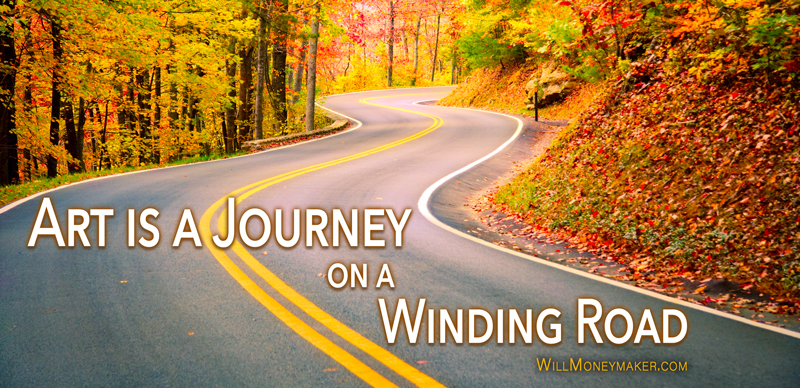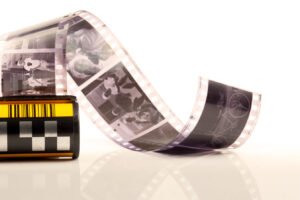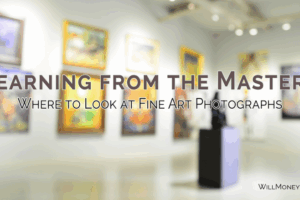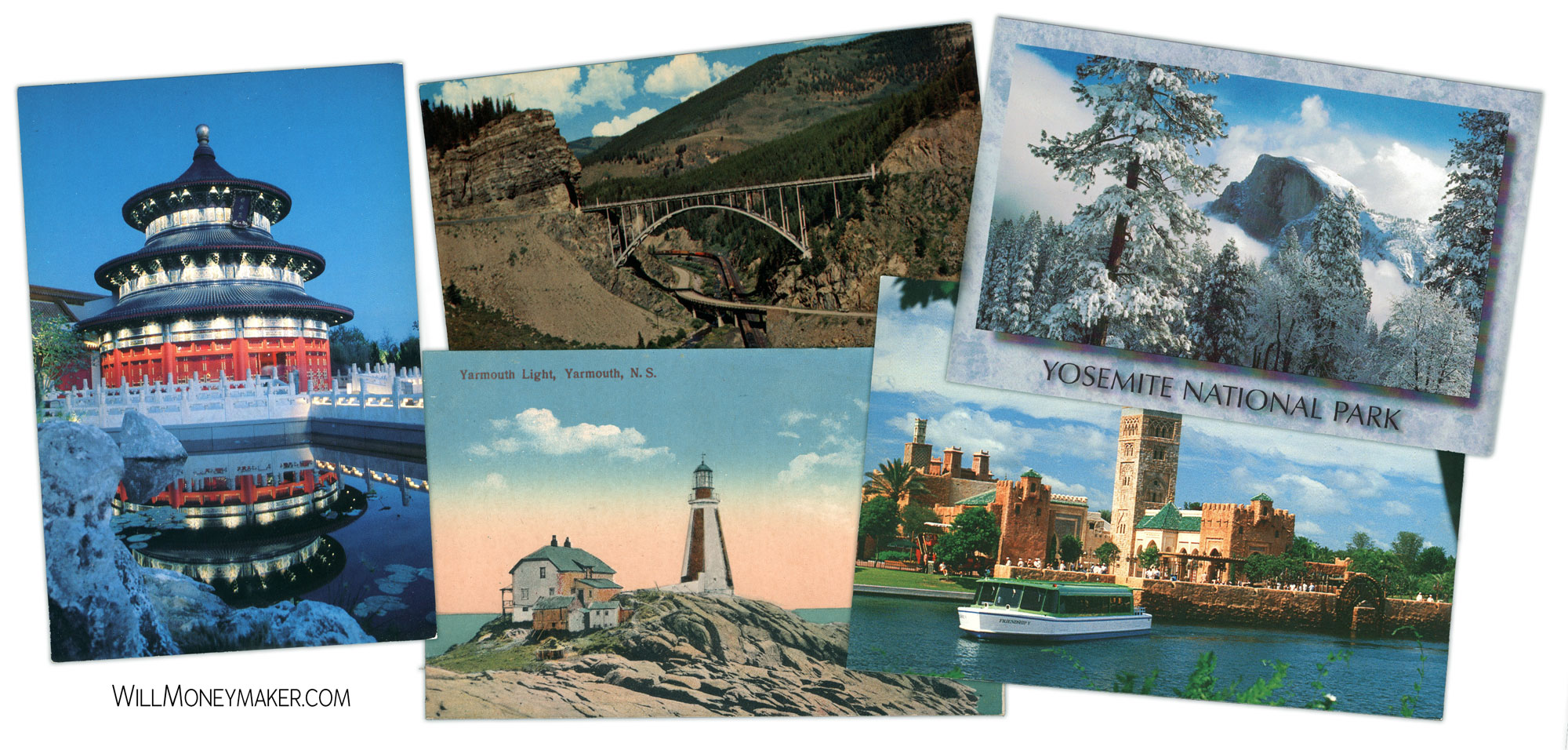People like to think of photography as a product. You compose, snap, edit, print, frame, and hang. When all of this is finished, you have created a thing, a piece of art, something tangible that you and others can enjoy for the rest of your lives. All art is viewed this way. Once the piece is produced, it is now an object, one to be admired, studied, pondered.
But to the artist, art is something different. It isn't a process of producing products, of producing works, either singly or in series. Art is a journey, one with many twists and turns, ups, and downs. Frankly, there are usually more downs than ups.
And that is a concept that I think we all need to think about, that we need to find value in, the fact that on our twisting journey, we will face more downs than ups. So we should because, in my opinion, the people who fail the least are those who are unwilling to step outside of the comfortable box they've created for themselves. They are reluctant to take risks, and as such, they struggle to become true visionaries.
Failure is, or at least it should be, a source of inspiration. And it isn't your only source of inspiration. On your photographic journey, you'll need to mix in as much variety as possible to keep those creative gears turning. Learn from your failures, seek sort, look for unique ways to stimulate yourself to bring your creative vision to where it needs to be.
Now, I realize this all sounds very nebulous. That is why I'd like to give you some examples; some left turns you can make on your winding artistic journey.
Let Nothing Be a Barrier to Creating Photographs
I know, from personal experience, that almost anything can be an excuse to not take photos. I'm not in the mood or the location is less than ideal. The weather isn't what I wanted it to be or I forgot some essential piece of equipment. And I am here to say that these instances are an opportunity. Get past the excuses and use whatever methods are at your disposal to make the best of it! Take photographs anyway!
Why? Because you may surprise yourself. You may find inspiration in the struggle or in the less than ideal conditions, and you may just create something amazing.
Beyond that, what have you got to lose? So what if you end up with a memory card full of “not quite” images? Take those images home and study them. Learn how you can improve upon them or use them as a library of interesting things that you can look at later on when you feel the need to inspire yourself. Perhaps if you study these not quite good enough images long enough, you'll find yourself inspired to return to that location and do something entirely different!
Add Variety with New Equipment
By this, I don't mean that now is your chance to rush out and spend hundreds or thousands of dollars on expensive gear. I mean simply that you should be experimental in whatever ways you can – affordably, of course. Do you have old lenses gathering dust on a shelf? Drag them out and see what you can do with them.
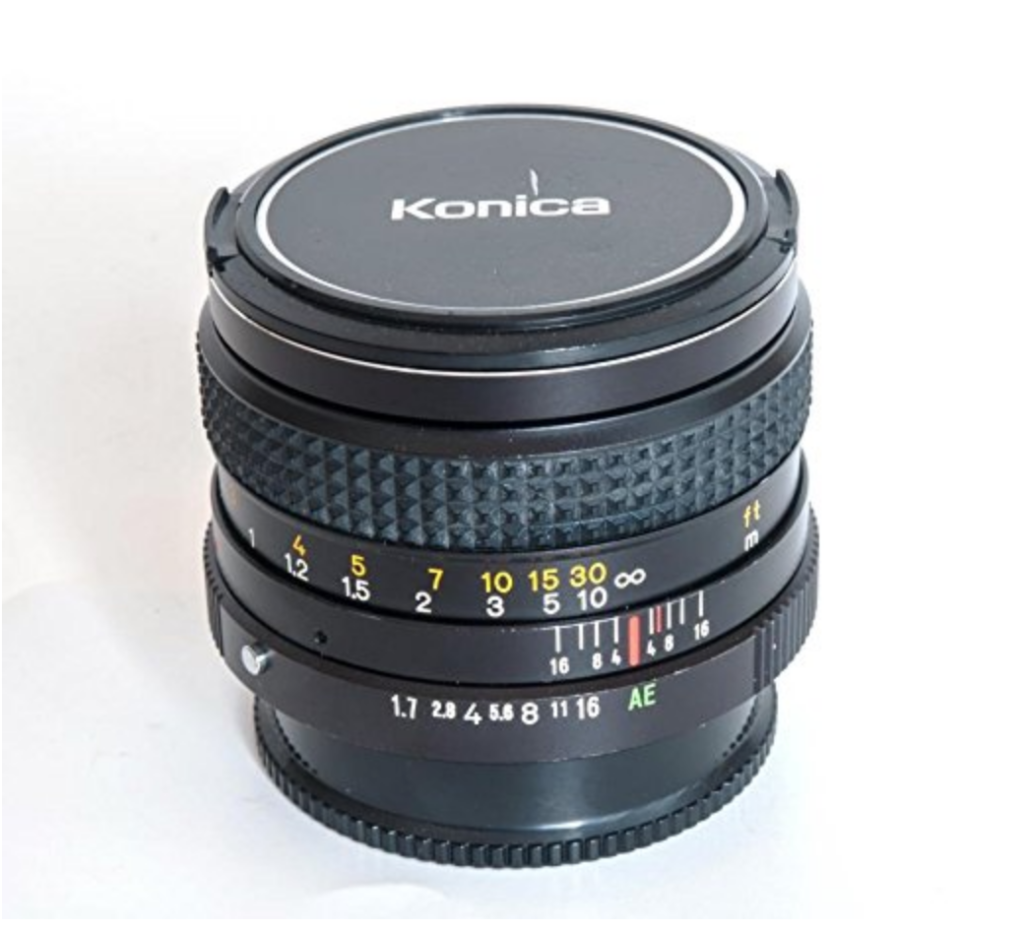
Once, I took an old Konica Hexanon lens, the 50mm F/1.7, a legacy lens made in 1973, and modified it to fit an Olympus DSLR body. The procedure was relatively simple – just a matter of taking the back rings off of the lens and removing the bayonet so that it didn't interfere with the DSLR's mirror mechanism, then using a simple elastic hair tie on the lens mount to add a bit of a buffer so that the lens was secure on the camera body. Then I was off to take pictures with my new contraption.
What did I learn from this exercise? I learned that the old lens produced some of the most beautiful bokeh I'd ever seen and I ended up spending an entire summer playing with it, shooting at the widest possible aperture just to get as much as I could of those creamy swirls of color.
And that is what I mean by being experimental with equipment. Try unusual things, buy that weird camera body from the 1950s that you see for three dollars at the thrift store. Try out a film camera that you know has light leaks just to see what happens. Go out and rent a tilt-shift lens for a weekend. Experiment and see what happens!
Step Outside of Your Interests
We all have things that we like and things that either we don't like, that don't interest us or that have simply never occurred to us. Look at your coffee table. What magazines and periodicals do you find sitting there? Perhaps you enjoy reading Time Magazine and National Geographic. Maybe it is time for new perspective.
The next time you find yourself at the grocery store, take a tour through the magazine section. Pick up periodicals that you would normally never dream of reading – a home remodeling magazine or an edition of something about an obscure hobby. This exercise isn't so much about forming new interests as it is about gaining a new perspective. Look at things you've never seen before and let those insights inspire you.
In this age of the internet, that task of acquiring a new perspective is even easier. Think of a random pursuit that you know very little about – genealogy, maybe or horses. It could be anything. Search it, read blogs about it and just learn. Or, go to Wikipedia and keep hitting that “random” button until inspiration strikes. It is amazing the kinds of perspective you'll gain from simple exercises like this.
Trust Your Instincts
In photography, the temptation is there to always follow the rules, to do what you have been taught to do, to stick with traditional methods because those are the methods proven to work time and time again. But sometimes, just sometimes, those methods fail. Trust your instincts in this. If your gut feeling is that you need to hold the camera a little differently to get an unusual angle or drive down a road that you weren't going to drive down, then do it. If you have an impulse and you have the means or the time to follow that impulse, then, by all means, do.
Of course, make sure that you are not interfering with something you've already scheduled, such as a day at a specific location – otherwise, you may never make that location! But at other times, when you are wandering aimlessly of a weekend or when you are driving home from work, if you find yourself wondering what is down that left turn up ahead, go find out!
Art really is a winding road – usually figuratively, but often literally, too! It all depends on which twists and turns you are willing to take. The photographers who are bold enough to follow these winding paths are the ones who will end up with the inspiration they need to create something unique.

